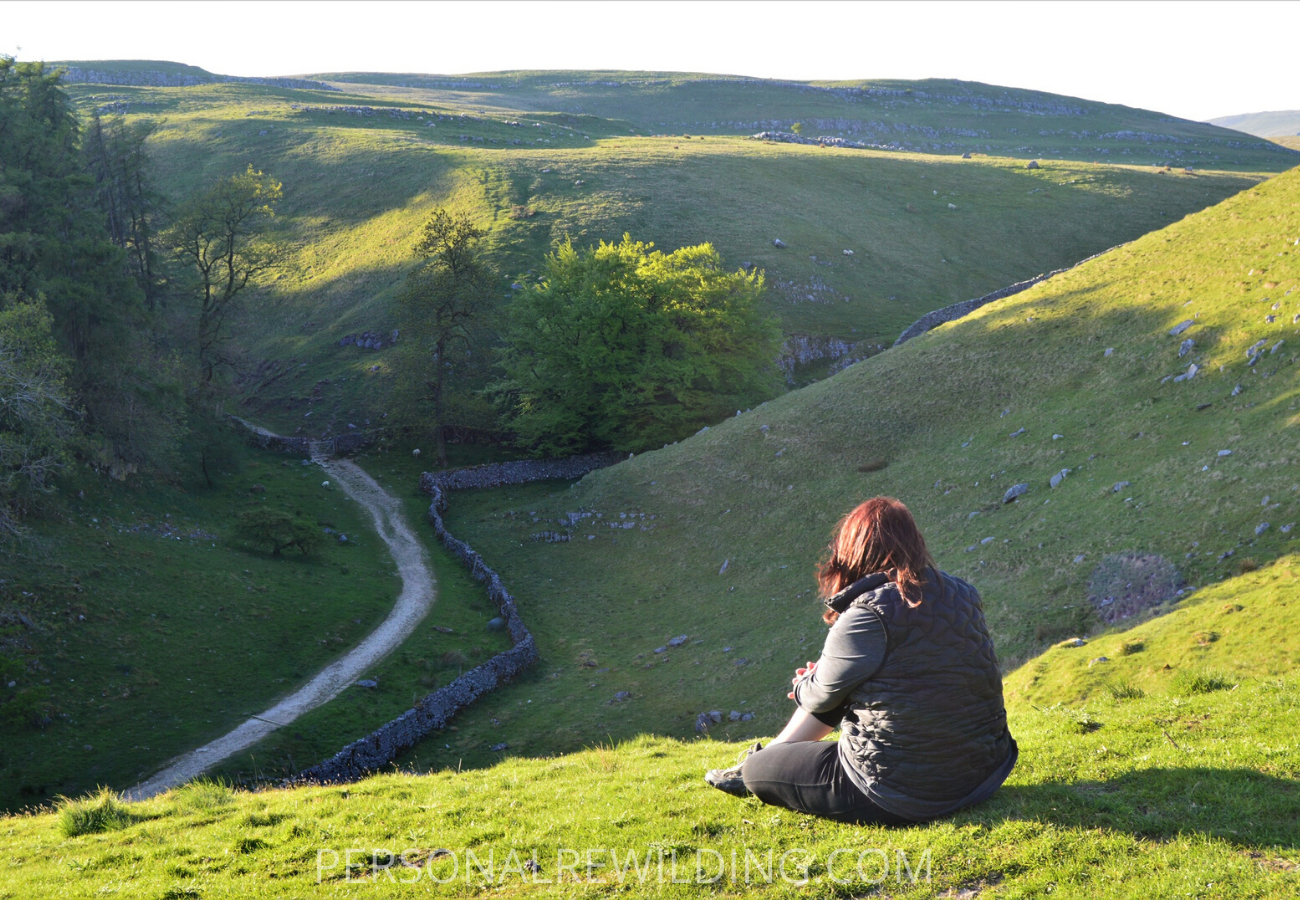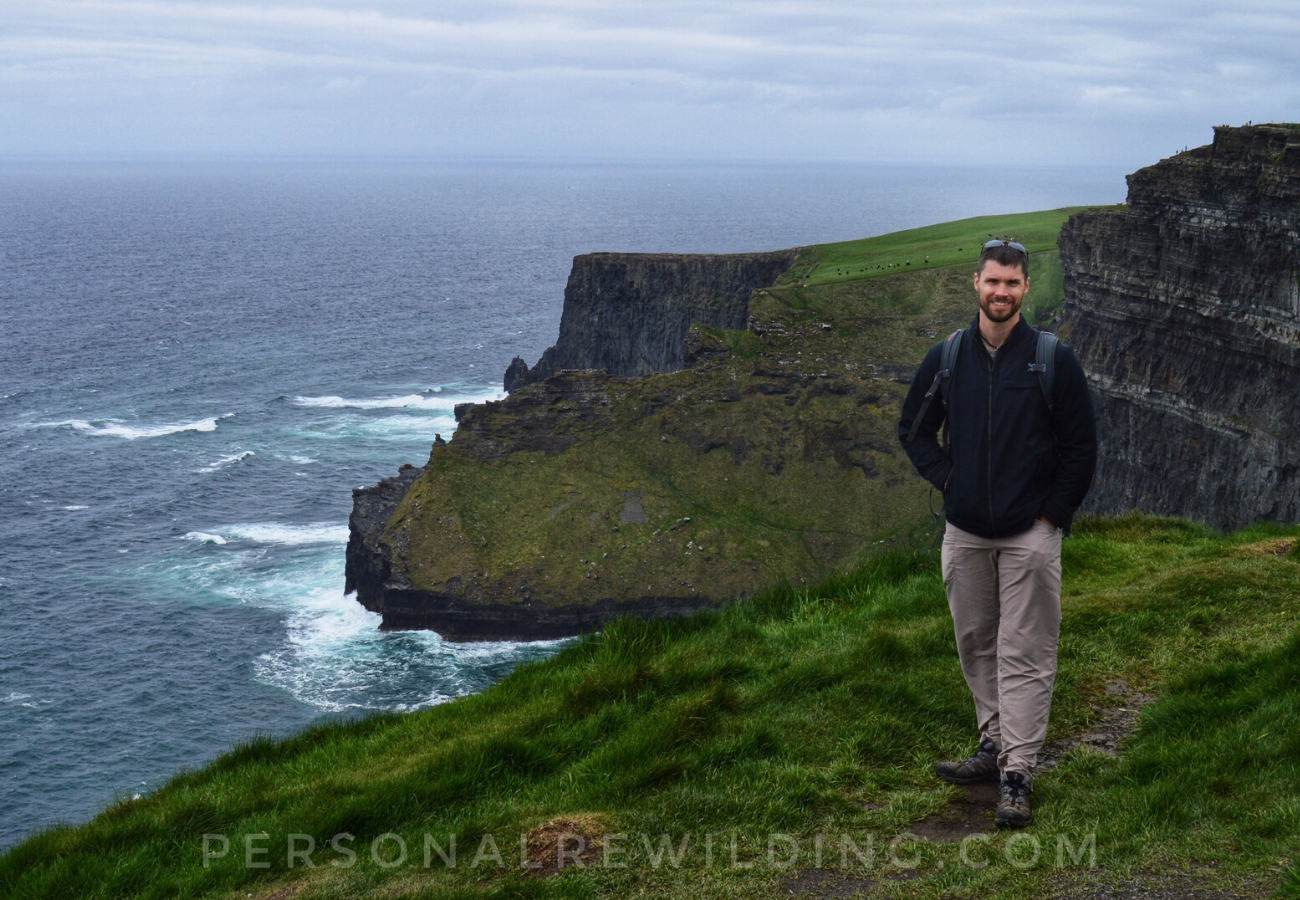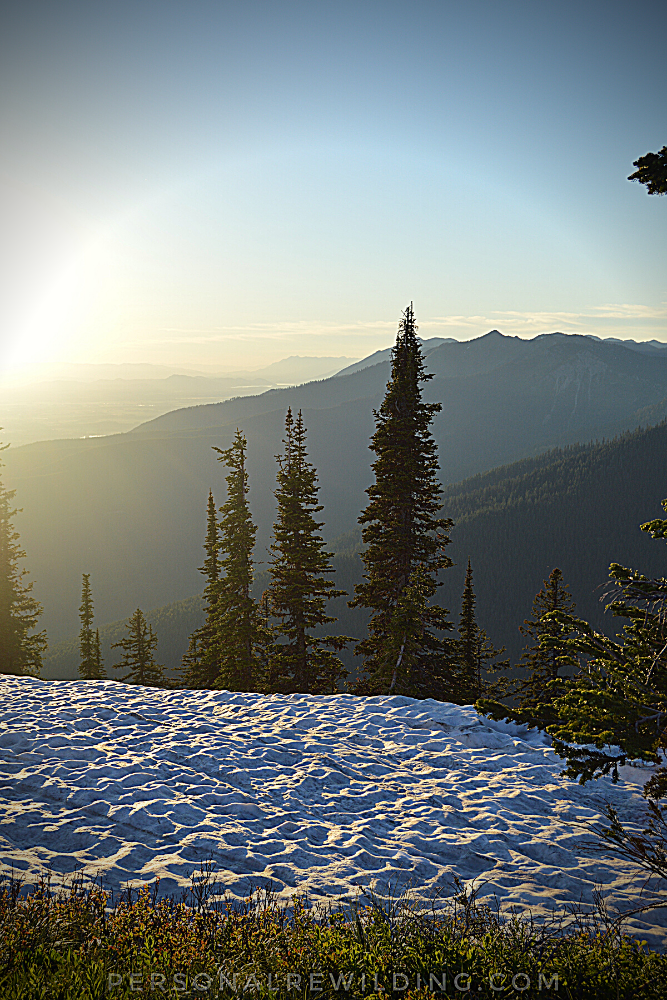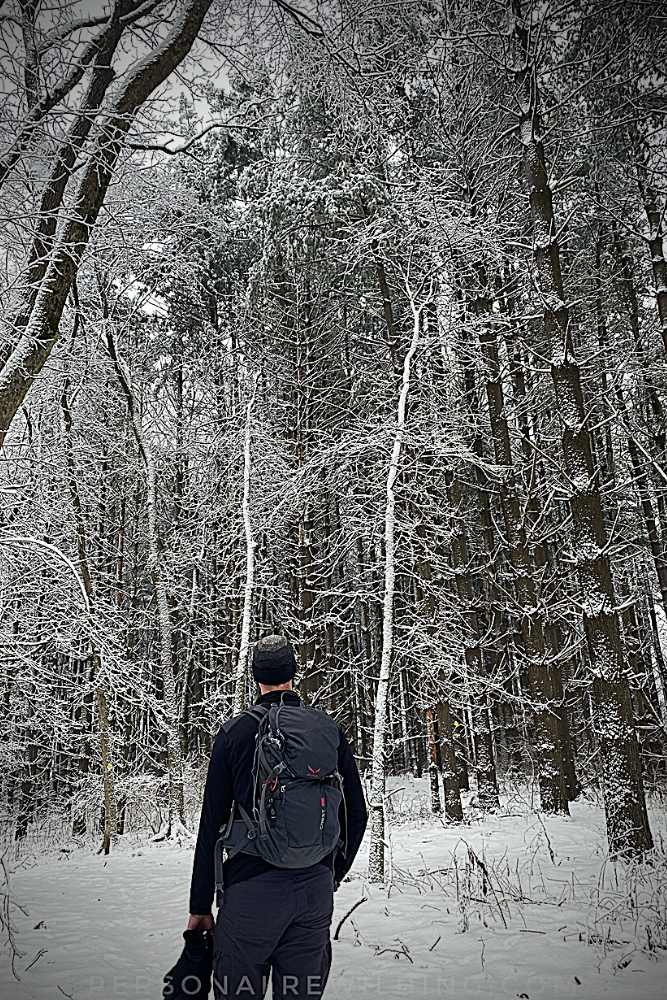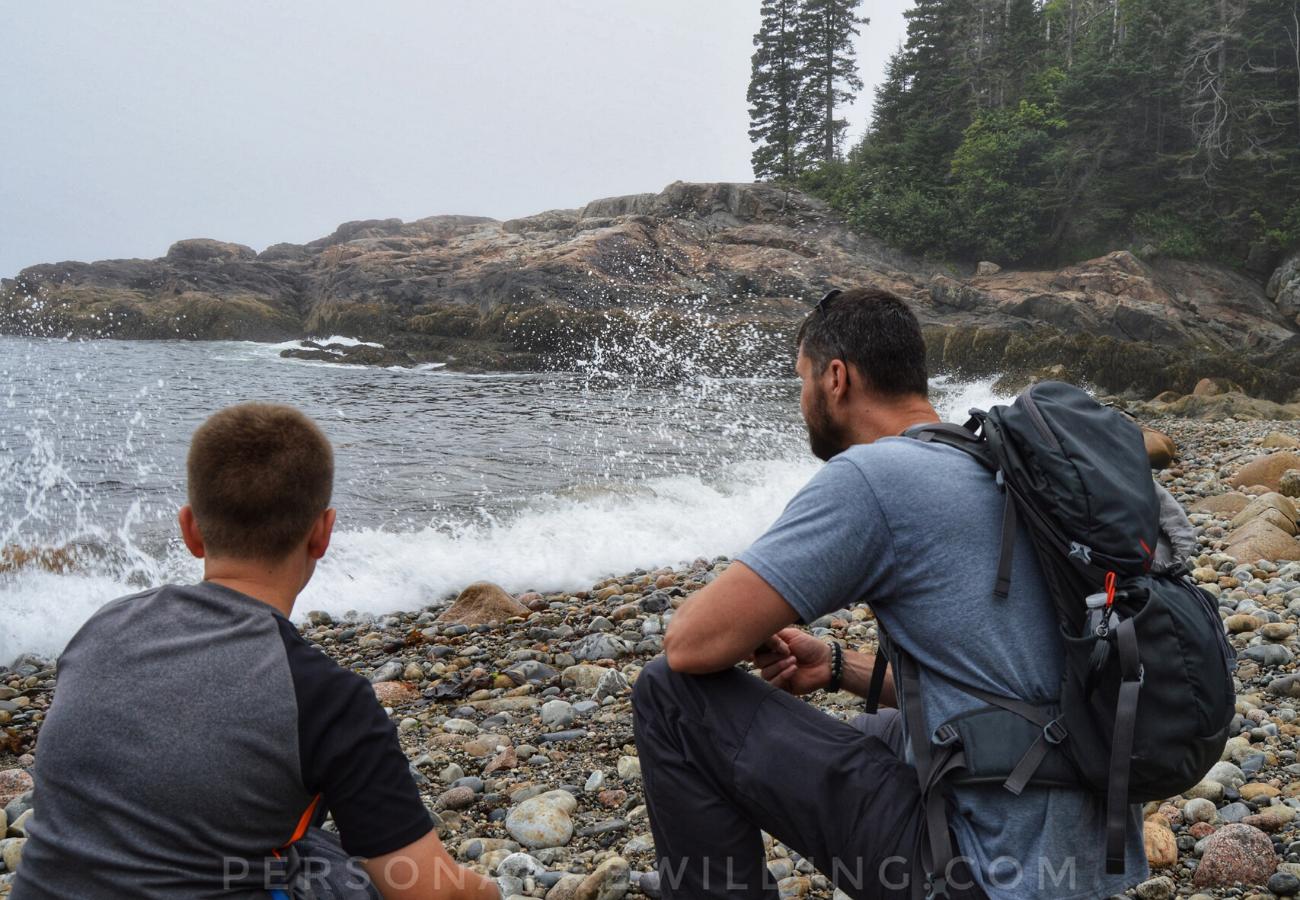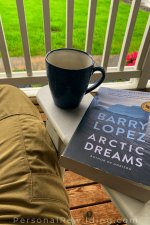- Home
- Connect w/ Nature
- Hiking in Nature
5 Reasons to get out Hiking in Nature
Hiking in nature is among the simplest, most inclusive, and impactful ways to experience the outdoors and build a connection to nature. Hiking in nature is the perfect way to get in touch with your adventurous spirit, challenge yourself, and break away from the mundane.
What is the difference between walking and hiking in nature? The answer is: very little. They are essentially the same activity, except that “hiking” tends to denote a slightly wilder experience. A walk through the town park probably doesn’t qualify as a hike. Nor does a walk down a quiet country road.
Hiking typically refers to a walk that occurs (at least in part) off paved roads, away from cities or towns, and in more physically demanding environments. Walks are often casual, requiring little preparation and relatively small periods of time. Hikes can last anywhere from less than an hour to weeks or months (backpacking, for example).
Hiking in nature provides many of the same benefits as walking in nature, except often to a larger degree. The more challenging nature of a hike means an increased physical benefits and a corresponding psychological benefit.
And because many hikes take us further away from the hum of humanity and everyday activity, they provide an even greater opportunity to disconnect from the complications of day-to-day life and connect instead with the natural environment.
Here are five reasons to get out and hike:
Connect with Nature and Wild Places
There are few more effective ways to build a connection with the earth and the environment than hiking in nature. Hiking is inclusive of all ages and fitness levels, but rewards those who give more of themselves to the activity.
A hike needn’t be a grueling, month’s-long exercise. It can be as little as a half-hour off-road stroll through a natural conservation area, prairie, or park.
Hiking in nature allows us to get off the beaten path, away from the tarmac and concrete roads, and often away from the bustle of human activity that is constantly going on around us. There is no better way than hiking to explore natural lands areas, state and national parks, wildlife refuges, mountains and scenic hills, wetlands and deserts.
Hiking forces us to take an active part in our rewilding, in our connection with nature.
Because hiking is often more physically demanding than a walk, it forces us to exist more fully in the moment. No longer can we let our mind drift to dinner, or work, or the newest technology, or any of the million other mundane distractions.
We become aware and focused on each step. We are present in the physical challenge of the task, in the wildness of our surroundings, in orienting ourselves away from the straight paths that have been created for us. We become more attuned to the scenery and life that surrounds us.
We feel the wind, the sun, the damp fog, the prickle of sweat along the spine. Physical discomfort can be part of the package, part of the whole. It reminds us of our humanity and our place in the wider world.
Experience Places Few People See
The last vestiges of true wilderness that exist aren’t located along highways and interstates, they’re ‘far from the madding crowds’. Go to any natural tourist attraction and you’ll find, first and foremost…other people.
Popular destinations – from Yosemite National Park in California to Banff in Canada to the Cliffs of Moher in Ireland – attract people in droves. They drive in. Some in cars, others in buses. They often drive right through, pausing at pull-offs and photo ops to take in the views. Occasionally they park their cars and explore the visitor center, possibly walk the short trails closest to the entrance.
To really experience a place, one needs not just to walk away from the car, but to walk further. Get a half-mile or a mile beyond that popular tourist destination and you will find yourself surrounded not by people, but by place.
The most immersive and memorable experiences I’ve had in nature did not come from a roadside pull-off or a scenic overlook. They came from the physical act of exploration, from the high view that required hours of effort, or from the moments of pure wonder alone or with a loved one in the solitude of nature.
Hiking is often the difference between being a tourist and an explorer. Exploration is at the root of travel and a person can’t claim to have experienced a place without finding ways to explore beyond the surface of what it offers.
“The texture of the world, it’s filigree and scrollwork, means that there is the possibility for a beauty inexhaustible in its complexity, which opens to my knock, which answers in me a call I do not remember calling, and which trains me to the wild and extravagant nature of the spirit I seek.”
-Annie Dillard, Pilgrim at Tinker Creek
Find the Spirit of Adventure
American writer Edward Abbey wrote: “May your trails be crooked, winding, lonesome, dangerous, leading to the most amazing view.”
Hiking in nature is an adventure that challenges both our physical and mental faculties. There is an innate desire in humans to explore, to push themselves beyond the artificial boundaries we create around ourselves, to test one’s mettle against the elements.
This instinctive desire is what has driven humanity through the centuries – explorers, mapmakers, hunters & trappers, sailors, surveyors, and anchorites.
These avenues are less accessible and commonplace than they were when the world seemed larger, with fewer people and more mystery in it. But it remains a human desire – “to strive, to seek, to find, and not to yield” as Tennyson eloquently put it.
Hiking in nature offers such an outlet to the adventurous instinct, whether you’re planning a four-thousand-mile thru-hike or a two-hour trek through a local forest preserve. Hiking is an opportunity to prepare for the elements, test our navigational skills, push our physical limitations and endurance, and leave the well-traveled path where we feel little more than a cog in a machine.
I’ve been asked many times: “why would someone put themselves through that kind of punishment?”
My response is that not all discomfort is punishment. And adventures, even the most grueling ones, are those that remind us that we are both alive and part of a much greater whole; that we are more than simply a sedentary and comfortable species.
Physical and Psychological Benefits
Like walking in nature, hiking provides countless physical and psychological benefits. To put it simply, getting active in the outdoors makes a person happier, healthier, and more balanced.
I discuss the benefits of walking in nature in more specific detail on that page, but these are the essential facts.
Hiking in nature can reduce your risk of cardiovascular disease and certain cancers. It also:
- Boosts and supports the immune system
- Helps to regulate your sleep cycle
- Keeps bones and joints active and healthy
- Makes you feel more energetic and inspired
Because hiking tends to be more physically challenging than walking, its physical benefits are correspondingly more pronounced.
But the psychological benefits of hiking in nature are also profound. Activities in greenspace help to balance hormones that drive:
- Mood
- Sleep
- Energy
- Creativity
- Contentment
Among other things, hiking in nature can simply make you happier. Like a plant, sunlight and fresh air causes the human body and mind to thrive. Sunlight provides the body with Vitamin D, which helps to ward off depression, seasonal affective disorder, and melancholy.
Because hiking is not an entirely unconscious activity – it requires more focus than simply walking – it gives the mind a chance to clear itself of the endless river of worry and anxiety that can become the carousel of everyday life.
Hiking in Nature Builds Bonds
Hiking in nature is not an activity that must – or even necessarily should, in some cases – be undertaken alone. While there are great benefits to solo hiking, there are also fantastic reasons for hiking with others.
Hiking can be a great opportunity to build bonds with a spouse, a partner, a family member, a child, or a friend. Sharing the planning, the preparation, and the experience of hiking with a loved one creates a special, and sometimes unspoken, bond between individuals.
It builds a shared set of experiences, a bridge between individuals. Hiking has always been an intensely connecting experience for us. It provides us with the chance to push one another’s boundaries, to rely on the other’s skills and sense of adventure, and to share our love of nature through experience.
In the end, we have these shared experiences to recollect and discuss. These almost wordless moments of awe that we hold, not solitary in our own minds, but in common with one another.
Hiking with children is an early bonding experience between the child and nature, as well as the child with their family. It educates, teaches self-reliance, leaves memories and impressions, and gives the child a connection to the earth that, if nurtured, will last their entire lives and make them better stewards for the future of our planet.
Important Note: Leave No Trace
One very important detail to remember, however you decide to experience or connect with nature, is to follow "Leave No Trace" practices. Leave No Trace is principle that stipulates that you leave nature - whether it is your backyard, a local park, or a wilderness area - as untouched and pristine as you found it. Pack out your waste, leave things as you find them, do not damage or rearrange the local flora and fauna. Find out more about Leave No Trace here.
Whether you’re a seasoned hiker, an occasional hiker, or a newbie considering how hiking can improve your life, set yourself small goals. Get outdoors as often as possible. Set yourself weekly, monthly, or annual goals. Make it part of your goal-setting and vacation planning but also part of your daily life. Your body and mind will appreciate it, your family and friends will appreciate it, and the earth will welcome you.
Do you have specific and memorable hiking experiences you’d like to share? Tell us about your adventures, share photos, tell us what made that experience different and meaningful. Tell us what hiking has brought to your life.
Do you have a great hiking experience you'd like to share?
Do you have an amazing and memorable hiking experience you'd like to share with PersonalRewilding.com visitors? Tell us about your solo backpacking adventure, or the hilarious (in hindsight!) family hiking trip, or your close encounter with wildlife! Please feel free to write in detail and add a photo (or photos) to illustrate your adventures.
What Other Visitors Have Said
Click below to see contributions from other visitors to this page...
Wisconsin Moonwalk Not rated yet
I think one of the most unique hiking experiences I’ve had to date is hiking in the dark under a full moon on the shores of Lake Michigan. We were very …
